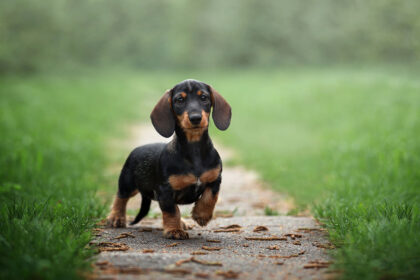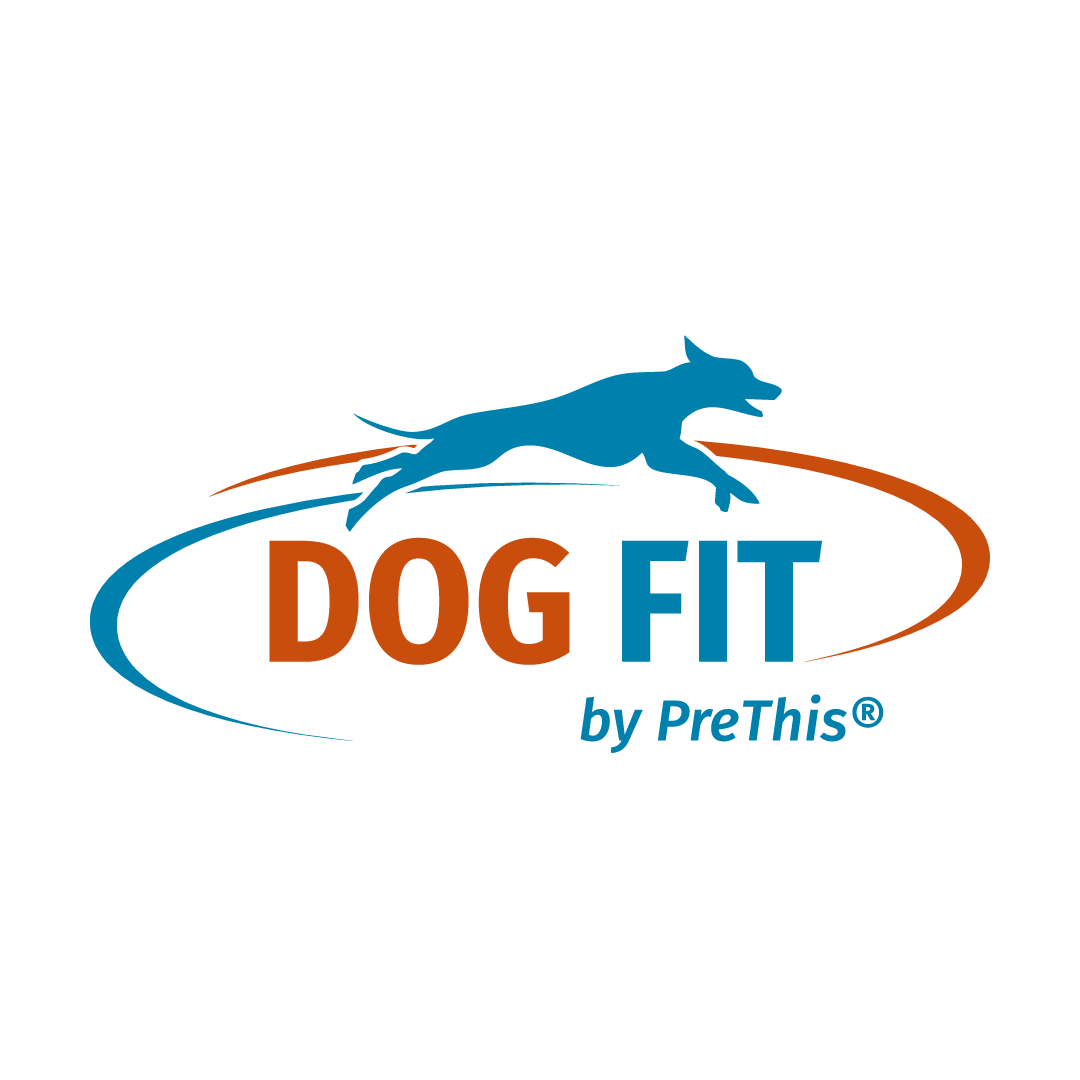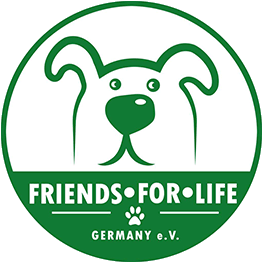
Radius curvus syndrome (short ulna syndrome, carpus valgus) in dogs is an orthopedic disease characterized by abnormal curvature and growth disorder of the forelimb bones, particularly the radius (radius) and ulna (ulna). This developmental disorder results in visible deformation of the forelimbs, often resulting in a bent or hunched appearance.
Causes of Radius Curvus Syndrome
The main cause of radius curvus syndrome is a disruption of the growth plate area in these bones. In dogs with this condition, one part of the bone grows faster or slower than the other part, resulting in uneven length and curvature. This can be caused by genetic factors, diet, trauma, or a combination of these factors.
Symptoms of Radius Curvus Syndrome
Symptoms of radius curvus syndrome can vary depending on severity, but typically include:
- Deformed, curved or shortened front legs
- Lameness or unusual gait
- Pain or discomfort when walking or running
- Possible joint problems, such as osteoarthritis
The diagnosis
The diagnosis is usually made through a physical examination and imaging tests such as x-rays. Treatment depends on the severity of the condition and may include measures such as nutritional supplements, pain management and physical therapy. In severe cases, surgical correction may be necessary to improve the form and function of the affected limbs.
Which dog breeds are particularly affected?
Radius curvus syndrome (RCS) is more common in certain breeds of dogs, particularly those that tend to grow quickly or have certain anatomical features. The breeds most commonly affected by RCS include:
-
Great Danes: Due to their rapid growth and size, they are susceptible to a variety of bone and joint diseases, including RCS.
-
Basset Hounds: Their short, bowed legs may be a result of RCS exacerbated by selective breeding.
-
Dachshund: This breed has long bodies and short legs, making them prone to spine and joint problems, including RCS.
-
Labrador Retrievers:As a fast-growing breed, they can develop RCS during their growth phase.
-
Golden Retriever: Similar to Labradors, Golden Retrievers can also develop RCS due to their rapid growth.
-
Bernese Mountain Dogs: Their size and rapid growth as puppies make them susceptible to RCS and other joint diseases.
-
Mastiffs: Due to their size and weight, they are susceptible to a variety of bone and joint diseases, including RCS.
-
Rottweilers: They are also susceptible to RCS due to their size and rapid growth.
It is important to note that RCS is not limited to large breeds; it can also occur in medium-sized and smaller breeds. The disease can be influenced by both genetic factors and environmental conditions such as diet and exercise.
Supplementary feed at RCS
As part of the treatment and care of dogs with Radius Curvus Syndrome (RCS), the correct supplementation of the diet is of great importance. Our “DOG FIT by PreThis® JOINTS elements” is specifically designed to support joint health and can make a positive contribution to relieving the symptoms of RCS. It contains a carefully curated combination of nutrients that specifically target joint health.
For optimal effect, we recommend combining it with our “DOG FIT by PreThis® VITAMIN B complex“. Vitamin B plays an important role in nerve function and overall health. This combination can help promote joint health while supporting the dog’s overall well-being.
Supplementing with “DOG FIT by PreThis® JOINTS elements” and “DOG FIT by PreThis® VITAMIN B complex” can provide valuable support as part of a holistic approach Treatment of radius curvus syndrome in dogs. Both products are available in a cheap combination set in the shopactually.
JOINST elements and VITAMIN B in the shop
Note: This article is for general information and does not replace a visit to the vet. If radius curvus is suspected, a veterinarian should always be consulted.

Every day we experience the wonders of nature with our dogs. This inspiration is the basis for our lives and our products. In our magazine we share with you our passion for these wonderful animals. Visit our socials and become part of the DOG FIT community.


Leave a Reply